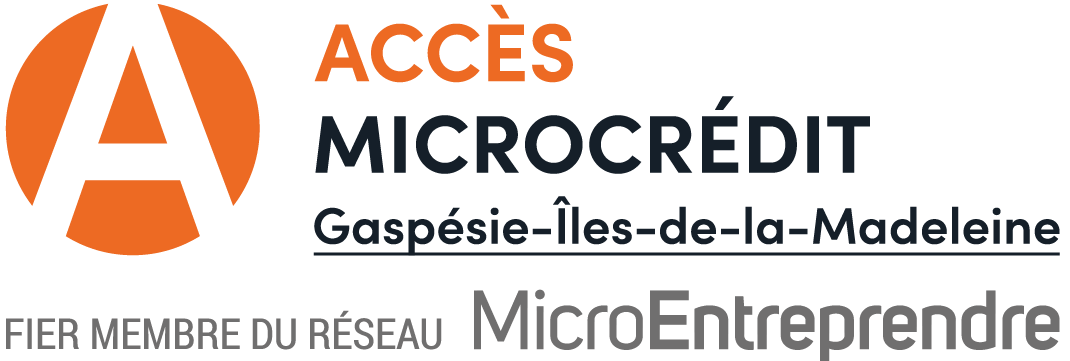Articles de blogue
Nouvelles

Tax Obligations – Self-employed Individuals and Small Business
November 2024, our team had the pleasure of organizing a series of conferences in collaboration with Revenu Québec, focusing on business and professional income.
WHAT WAS THE PURPOSE OF THESE CONFERENCES ?
The goal was to demystify the tax obligations for self-employed workers and small businesses. Below, you’ll find a summary of the key topics covered, along with explanations for each:
- Business Structures in Québec
- Self-Employed vs. Employee Status
- Business Registration and Enrollments
- Business Income and Accounting Methods
- Business Expenses
- Contributions and Instalment Payments
- Filing and Payment Deadlines
- Recordkeeping and Supporting Documents
BUSINESS STRUCTURES IN QUÉBEC
The Revenu Québec representative introduced the primary business structures, including::
Sole Proprietorship : Also known as a self-employed worker or a registered business.
Corporation : Commonly referred to as a company or incorporation.
Partnership : Known as a general partnership (GP) or in french as SENC.
Cooperative : A structure based on collaboration and mutual benefit.
Non-Profit Organization : A group of individuals pursuing moral or altruistic goals without the intent of generating financial gains for members.ntre les membres.
Click here for more information on the various legal structures and their features.
SELF-EMPLOYED OR EMPLOYEE ?
This topic sparked many questions! How can you determine if someone is classified as a self-employed worker or an employee? What about those working for a self-employed individual or contracting their services to another business?
Key criteria discussed included :
Work Authority — Who directs and controls the work ?
Financial Risk — Who assumes the financial risks ?
Ownership of Tools: — Who provides the necessary equipment ?
Services — Are the services provided an essential part of the client business ?
Nature of the Work — Is it project-based or ongoing ?
Learn more about the distinctions between employees and self-employed workers here.
BUSINESS REGISTRATION AND ENROLLMENTS
The session highlighted the mandatory registrations for sole proprietors:
Source Deductions : Businesses employing staff must register for source deductions to fulfill tax obligations.
GST-QST Registration : Required if the business exceeds $30,000 in gross income over a given quarter or annually.:
Registre des entreprises du Québec (REQ) : Sole proprietors operating under a trade name different from their legal name must register with the REQ within 60 days of establishment.
ACCOUNTING METHODS
Proper bookkeeping requires one of two accounting methods :
Accrual Accounting : The preferred method, recording income and expenses when earned or incurred, regardless of payment status..
Cash Accounting : Less common, used in specific contexts.
The TP-80 form, essential for declaring business income, was also introduced. Participants explored how precise bookkeeping impacts financial declarations.
BUSINESS EXPENSES
A key focus was understanding expense categories and eligibility criteria.
Current vs. Capital Expenses
The distinction between these two types of expenses is crucial because they are reported differently in your tax return.
Current expenses are immediately deductible (based on various criteria). They are typically fully consumed within the tax year. For example: advertising, rent, supplies, etc.
Capitalizable expenses are amortized over several years because they provide a long-term benefit. For example: a vehicle, computer equipment, office furniture, production equipment, etc.
Eligibility Criteria for Current Expenses
To be deductible, current expenses must:
– Have been incurred to earn business income;
– Be reasonable in the circumstances;
– Be paid or payable in the tax year;
– Be supported by documentation.
Examples of Eligible Expenses
The Revenu Québec representative also presented several types of current expenses and the proper methods to calculate each of them.
For more details on eligible expenses and to access the complete list, we recommend consulting the valuable Revenu Québec guide IN-155.
Vehicule Expenses : Calculating the kilometers traveled for business purposes is essential to claim this type of expense. It is necessary to maintain a mileage log for each vehicle to determine the percentage used for business purposes.
For example: If the vehicle traveled a total of 20,000 km, with 15,000 km for business, you can include 75%* of eligible vehicle expenses in your tax return.
*Calculation: (15,000 / 20,000) x 100
Representation Expenses : The deductible amount for this type of expense is capped. It’s important to understand the specific limit applicable.
Phone and Internet Expenses : Again, you must calculate the percentage of phone or internet usage for business purposes versus personal use.
Home Office Expenses : It is crucial to accurately determine the principal place of business. Then, a proportional calculation based on the space used for professional purposes is necessary to determine the eligible expenses in this category.
CONTRIBUTIONS AND INSTALMENT PAYMENTS
At the end of the financial year, every self-employed worker is required to contribute to various government programs such as the Quebec Parental Insurance Plan (QPIP), the Quebec Pension Plan (QPP), and others. It is therefore essential for entrepreneurs to plan their cash flow to meet these payment obligations at year-end.
Instalment payments allow for partial and periodic payments of your taxes and contributions for the current year. Be sure to remember the typical quarterly deadlines :
– March 15
– June 15
– September 15
– December 15
If you experience a significant increase in your net income during the current year, it’s possible that your instalment payments will not cover all the contributions due. Stay alert!
For more information on instalment payments, consult Revenu Québec’s IN-105.
FILING AND PAYMENT DEADLINE
An important date to remember : April 30.
For self-employed workers (sole proprietors), the deadline for tax payment is April 30, even though the filing deadline for their tax return is June 15.
It is essential to plan for advance payment of the amounts owed to the government. Failure to do so will result in interest charges for late payment.
RECORDS AND SUPPORTING DOCUMENTS
It is essential for entrepreneurs to maintain an organized record of their income and expenses. Supporting documents must be kept for six years after the end of the relevant tax year.
Various bookkeeping tools are available. A simple record in an Excel file may often be sufficient.

Address
105-473 boulevard Perron,
Maria (QC) G0C 1Y0
Business hours
Monday to friday
from 8:00 to 12:00 and from 13:00 to 16:00
Phone number
418 534-3834
Email
[email protected]
Follow us